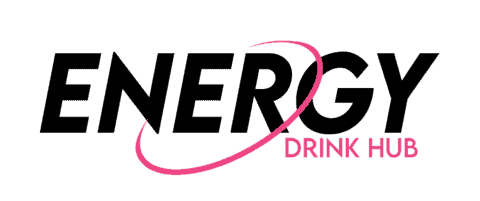Have you ever wondered what’s it like to have an energy drink with alcohol? You and I might’ve just thought about it, but many people have recently started consuming both of these together at parties and pubs.
It’s hard to believe that their state of mind or body was absolutely in place after the withdrawal. Caffeine alone can be harmful to your body, leaving adverse side effects on your health. The addition of alcohol can only worsen your state.
Energy drinks alone cannot make you drunk, but if mixed with alcohol, they can mask the sedative effects of alcohol. This would make consumers unaware of how much they’ve finished.
As a result, many patrons underestimate their level of intoxication, stay out later, consume more alcohol, and engage in risky behavior and unsafe drinking practices.
Keep reading to find out more about how alcohol and energy drinks are causing damage to your body and what you can do to prevent it.
Page Contents
Some Information about Energy Drinks
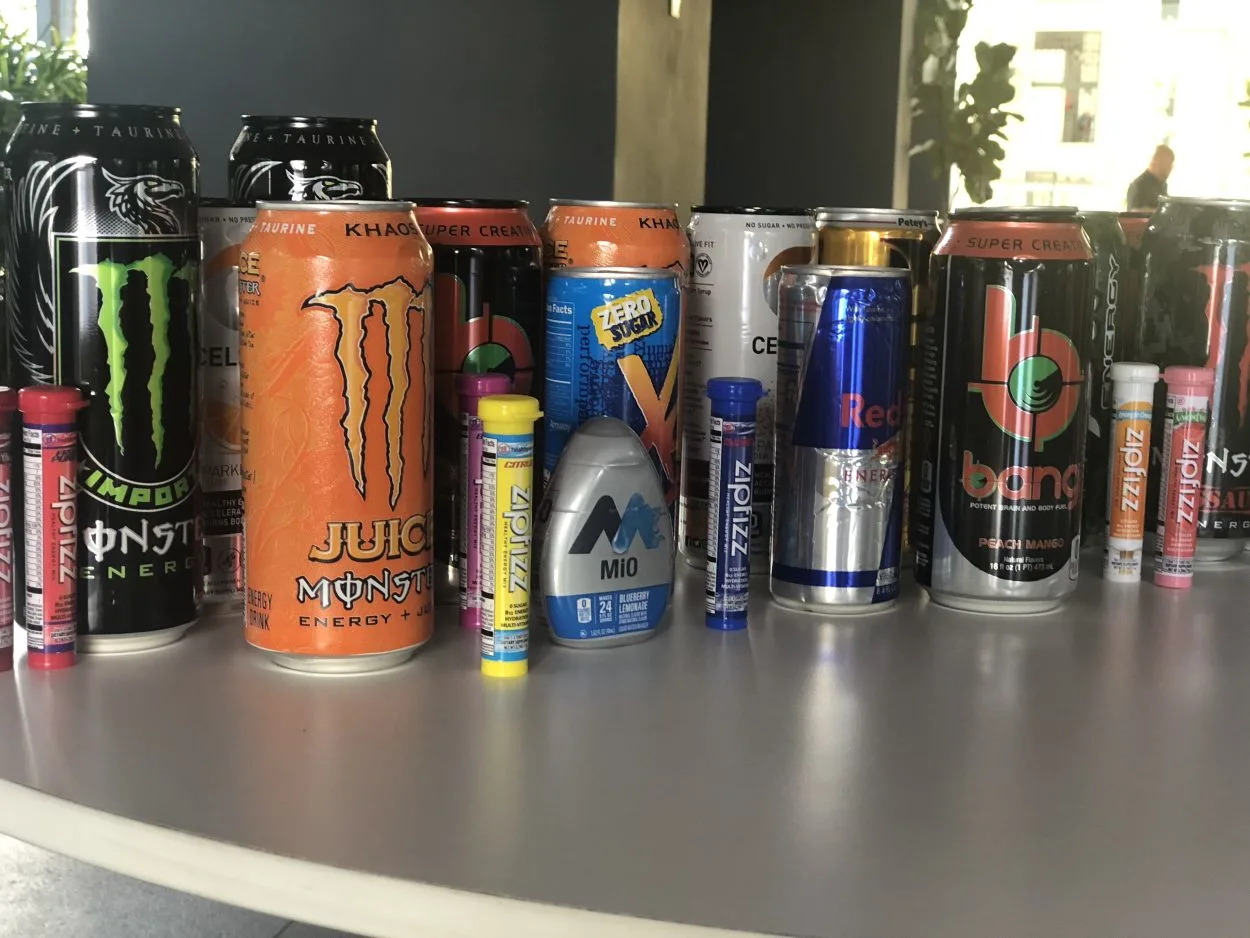
Energy drinks are liquids designed to boost your energy and improve your performance and mental strength.
These beverages often contain five times the caffeine of soft drinks and taurine, riboflavin, pyridoxine, and herbal derivatives.
Sugar is also present in most energy drinks in amounts that surpass the recommended daily intake.
Energy drinks are frequently mixed with alcohol to boost the good benefits of consumption while reducing the depressing effects.
This can lead to increased alcohol use and an increase in alcohol-related adverse events. Combining energy drinks with alcohol does give the user a false sensation of control.
Popular energy drink brands include Red Bull, 5-Hour Energy, Monster, Rockstar, NOS, and Full Throttle.
Energy Drinks are popular for:
- Stopping blood pressure from rising in stressful situations.
- Increasing your pain tolerance.
- Improving your performance, concentration, and endurance.
Side Effects of Energy Drinks
According to US Centers for Disease Control and Prevention survey, 8% of young people consume energy drinks every week, 20% believe energy drinks are safe for teenagers, and 13% believe energy drinks are a form of sports drink.
High intake is associated with substantial health risks.
After your first taste, you may notice the detrimental effects of energy drinks.
- A rise in stress level
- Increase in heart rate
- Stomach Irritation
- Muscle Twitching
One of the key elements in energy drinks is caffeine. While energy drinks typically contain less caffeine than a cup of coffee, they may be easier to consume in more significant quantities than hot coffee.
Caffeine overdose can result in headaches, irritability, agitation, and a fast heart rate.
Many energy drinks are sold in huge cans with a lot of sugar added.
Obesity, cardiovascular disease, type 2 diabetes, nonalcoholic fatty liver disease, insulin dysfunction, and dental cavities are linked to a high intake of added sugar.
Aside from health concerns, buying energy drinks daily also has a financial impact. Daily purchase of one, two, or three energy drinks can cost as much as a cigarette habit.
Some Information about Alcohol
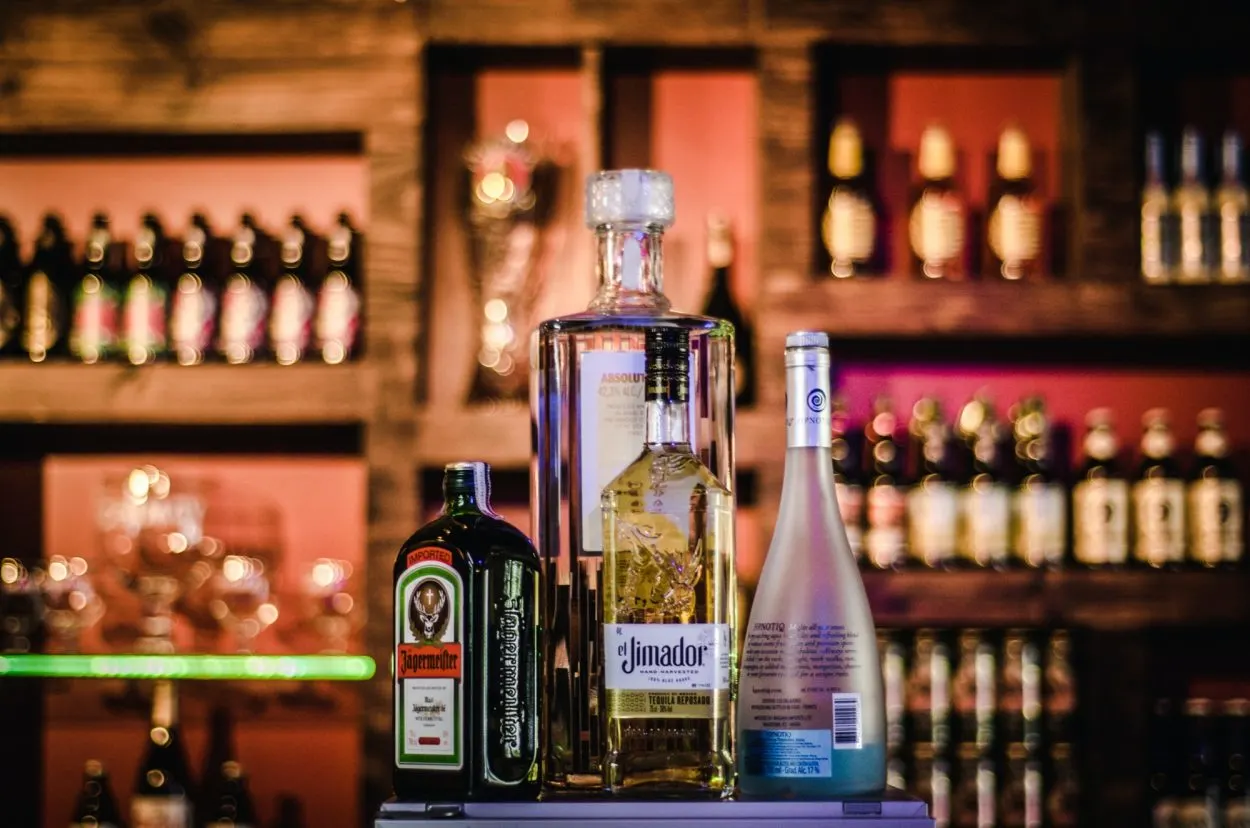
Alcohol is a harmful and addictive substance.
We usually refer to the alcohol in beer, wine, and spirits when saying “alcohol.” The element in these drinks that makes you drunk is alcohol.
Ethanol is the name for the type of alcohol found in drinks (ethyl alcohol). The sugars in grains, fruits, and vegetables are fermented by yeast. Wine, for example, is manufactured from grape sugar, while vodka is derived from potato sugar.
Alcohol is a substance that can be classified as a drug. Although a modest amount of alcohol can make you feel happier or more relaxed, alcohol is a depressive. This is what it does:
- Slows the transmission of messages between your brain and your body.
- It has an impact on how you think, feel, and act.
Alcohol can operate as a stimulant at low levels, causing feelings of exhilaration and talkativeness, but consuming too much alcohol in one sitting can cause drowsiness, respiratory depression, coma, or even death.
How Can Alcohol Effect You?
Alcohol is widely consumed, particularly in the United States. Drinking excessively might be harmful to your health.
Between 2011 and 2015, excessive alcohol usage resulted in roughly 95,000 fatalities and 2.8 million years of potential life lost (YPLL) in the United States, cutting people’s lives by 29 years.
The effect of alcohol can be judged through its disruption of the brain’s communication connections, altering the way it looks and functions.
These disturbances can alter one’s attitude and conduct, and make it difficult to think clearly and move in a coordinated manner.
A standard drink in the United States has 0.6 ounces (14.0 grams or 1.2 tablespoons) of pure alcohol. You can find it in:
| Types | Beer | Malt Liquor | Wine | Distilled spirits or Liquor |
| Alcohol Content | 12 ounce (5% alcohol) | 8 ounce (7% alcohol) | 5 ounce (12% alcohol) | 1.5 ounce (40% alcohol) |
Short Term Health Effects
Excessive alcohol use has immediate consequences that increase the risk of various health problems.
If you drink, you’re familiar with the effects of alcohol, from the warm buzz that comes on swiftly to the not-so-pleasant wine headache or the hangover that lasts all day.
Because those effects are short-lived, you may not be concerned about them, especially if you don’t drink frequently.
The following are some of the most common side effects of excessive drinking:
- Injuries attained through accidents, drowning, suicide thoughts, and burns.
- Violence through sexual assault, suicide, and homicide.
- Alcohol Poisoning
- A change in mood is mostly associated with aggressiveness and violence.
- Murder Attempts
Long Term Side Effects
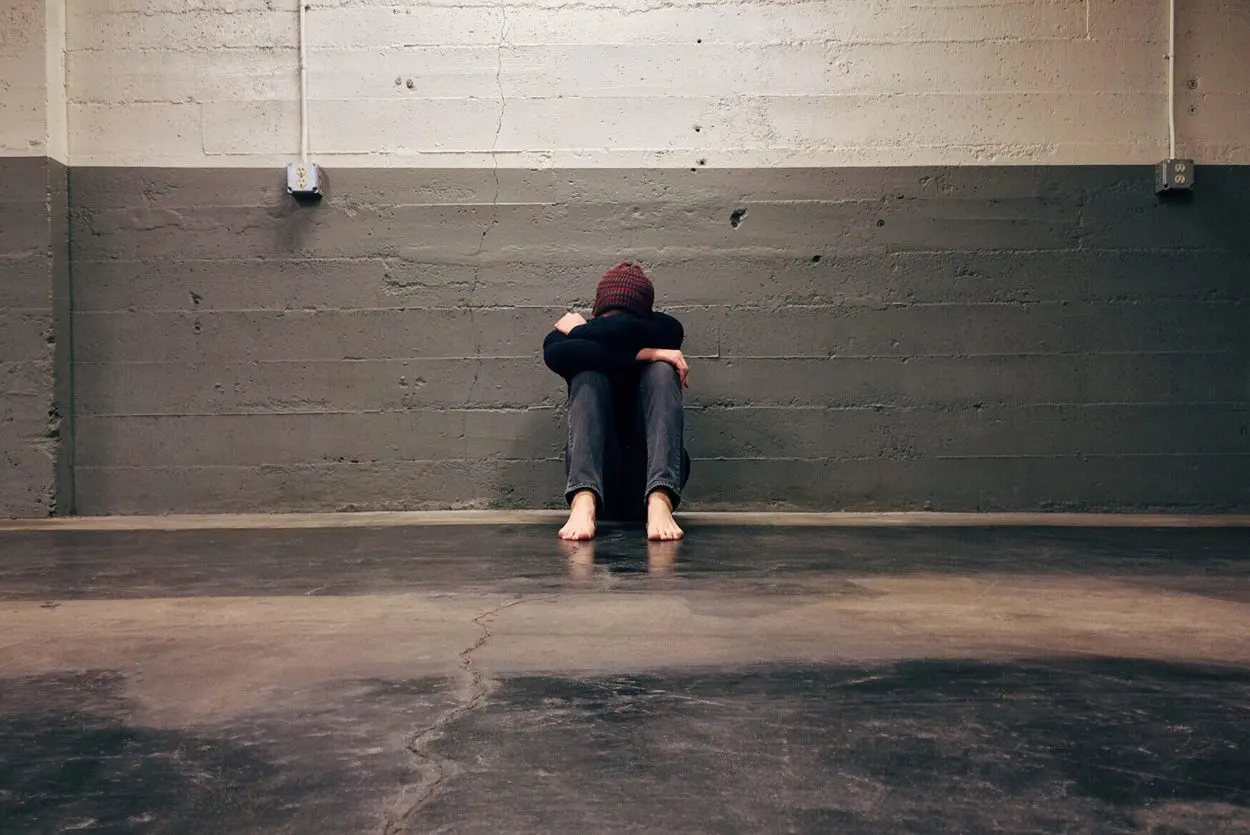
Over time, alcohol abuse can hurt one’s physical and mental health. If you drink frequently and have more than one or two drinks, these effects may be more severe and obvious.
Excessive alcohol use can lead to the development of chronic diseases and other major issues, such as:
- High blood pressure
- Heart disease and stroke
- Liver disease
- Digestive problems
- Cancer of the breast and mouth
- Weak memory and immune system
- Depression and Anxiety
- Social problems
- Alcohol dependence
Do Energy Drinks Make You Drunk Faster?
Energy drinks can conceal alcohol’s sleepy effects, making people less conscious of how much they’ve consumed. In what experts call “wide-awake drunk,” the high quantities of caffeine in energy drinks fight against the sleepiness effects of alcohol.
This means we’re more prone to overlook the signs our bodies send when we’ve had too much to drink, and we’re more tempted to drink more than we normally would.
Evidence suggests that mixing alcohol with energy drinks has a higher risk of unfavorable physical and psychological side effects than drinking alcohol alone.
Cardiac palpitations, potentially deadly irregular heart rhythms, sleeping issues, and a tense or anxious feeling are all examples.
The stimulating effects of energy drinks and the lowered inhibition induced by consuming alcohol can lead us to do things we wouldn’t ordinarily do and take severe risks we wouldn’t take if we were sober.
Consumers are mostly doing this when they are depressed, want to subsidize the effect of loss, lose their current state of mind, or need to stay awake for very long.
Side Effects Of Having Energy Drinks With Alcohol
The combined effects of caffeine and alcohol make you ignorant of how much you’re drinking, culminating in an overdose of this combination.
According to Dr. Lai. “This issue first surfaced in 2010, when numerous young adults were admitted to the hospital at Washington State University owing to excessive consumption of alcoholic energy drinks.”
When you mix the two drinks, you’re more likely to engage in unsafe behavior, such as drunk driving and binge drinking.
Some side effects of having Energy Drinks with Alcohol are:
- Adolescent brain damage
- Increased heart rate
- Risky behavior
- Problems sleeping
- Feeling tense or agitated
Red Bull and Alcohol
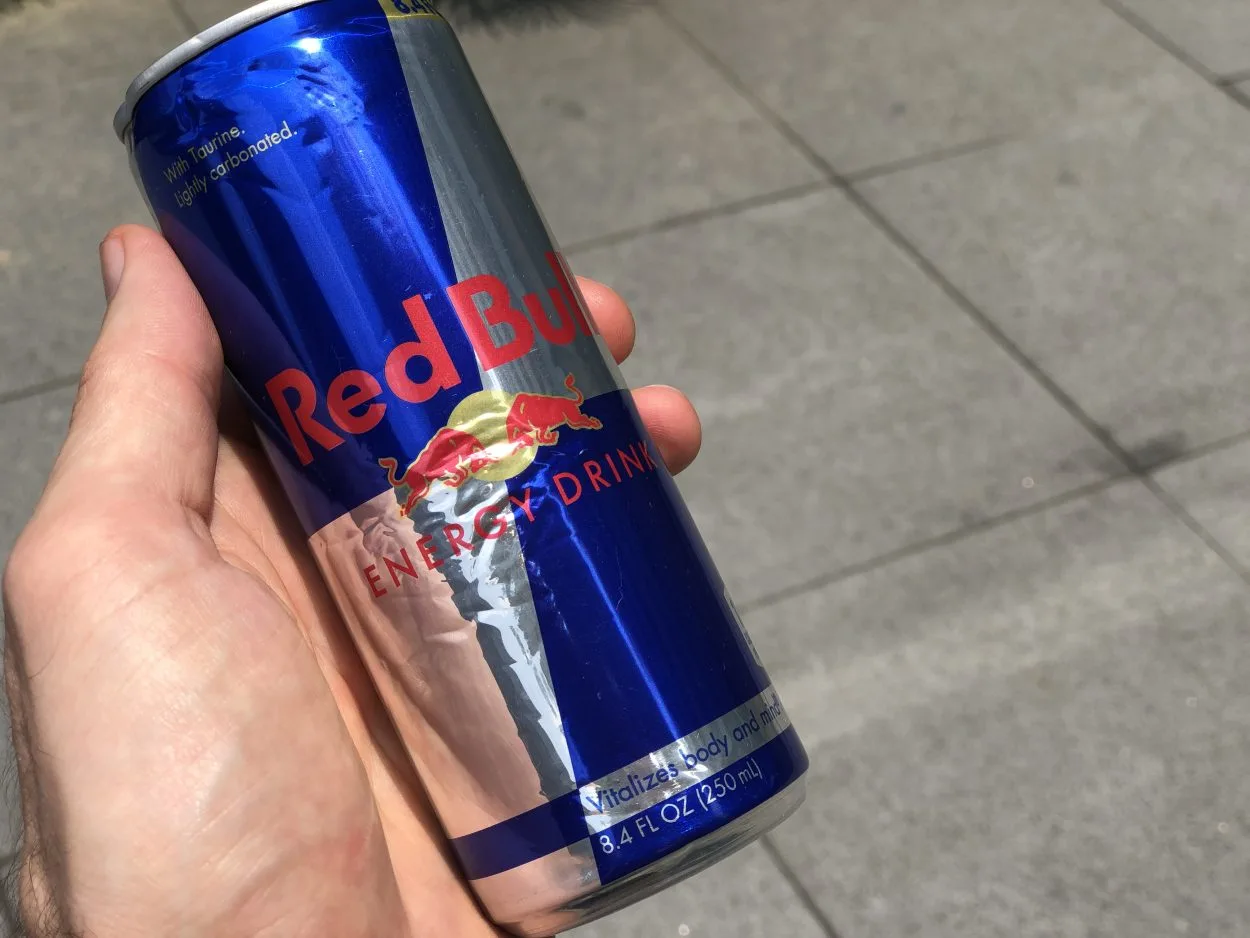
Mixing energy drinks with alcohol to make a cocktail is undeniably pleasurable. The same is true when Red Bull and alcohol are combined. But, before you down your next glass of a combination of the two, STOP.
The caffeine content in energy drinks like Red Bull is ten times more than in cold drinks. When combined with alcohol, they produce a drink that gives your body an additional burst of energy, which scientists fear can be dangerous.
The primary reason you should never mix Red Bull and vodka is that when you combine the two, it increases your ability to become intoxicated.
When you drink alcohol alone, you’re more likely to become sleepy quickly and decide to call it a night.
Energy drinks, on the other hand, contain a variety of plant-based ingredients, caffeine, and sugars, which give you more energy while masking the effect of alcohol on making you feel drunk.
You will appear to be far more sober and energetic than you actually are.
But how you feel on the surface isn’t always indicative of what’s going on within your body. Energy drinks laced with alcohol will not reduce the amount of alcohol in your system, worsening the situation.
Additionally, Red Bull is a stimulant, whereas alcohol is a depressive. The combination of the two can produce arrhythmias by affecting the cardiac muscles.
You can still be regarded as safe with a single energy drink alone. Just make sure you consume sugar-free, organic caffeinated energy drinks.
The FDA recommends consuming no more than 400mg of caffeine in a day.
Healthier Energy Drinks Options
Many energy drinks on the market have a moderate dose of caffeine and little or no sugar. These energy drinks are just less damaging to your health, even if they aren’t precisely “healthy.”
Celsius Energy Drink
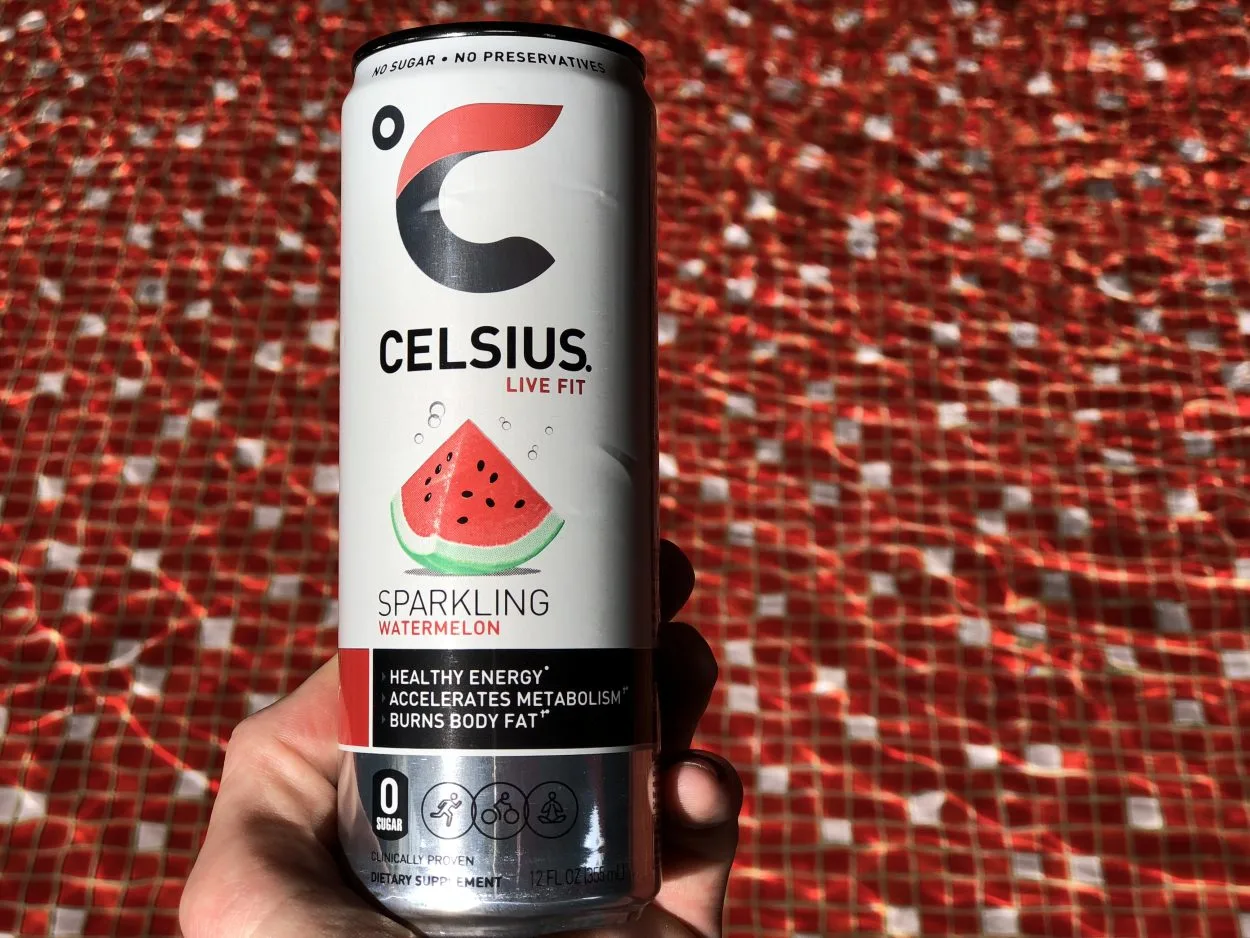
There’s no denying that Celsius gives your body the energy it needs to get through the day.
When it comes to caffeine, there is nothing as healthful, in my opinion. It’s especially effective when mixed with a high dose of other nootropics.
In the case of Celsius, you’ll get 200 mg of caffeine. The caffeine in the beverage is anhydrous, which means it is devoid of water.
Even if it’s less than the recommended dose, it can still have negative consequences for people who have a poor caffeine tolerance.
Guarana Seed Extract is at the top of the list when it comes to a more strong form of caffeine. It’s worth noting that the caffeine in these Amazonian seeds has a more potent stimulant impact than the caffeine found in coffee beans.
The presence of taurine ensures that Celsius is beneficial not just for physical exercises but also for mental functions. This nootropic’s safe dosage is less than 3000 milligrams.
The nicest part about this drink is that it doesn’t have any added sugar. Because of this, these drinks are excellent for people who have sugar sensitivity.
ZOA Energy Drink
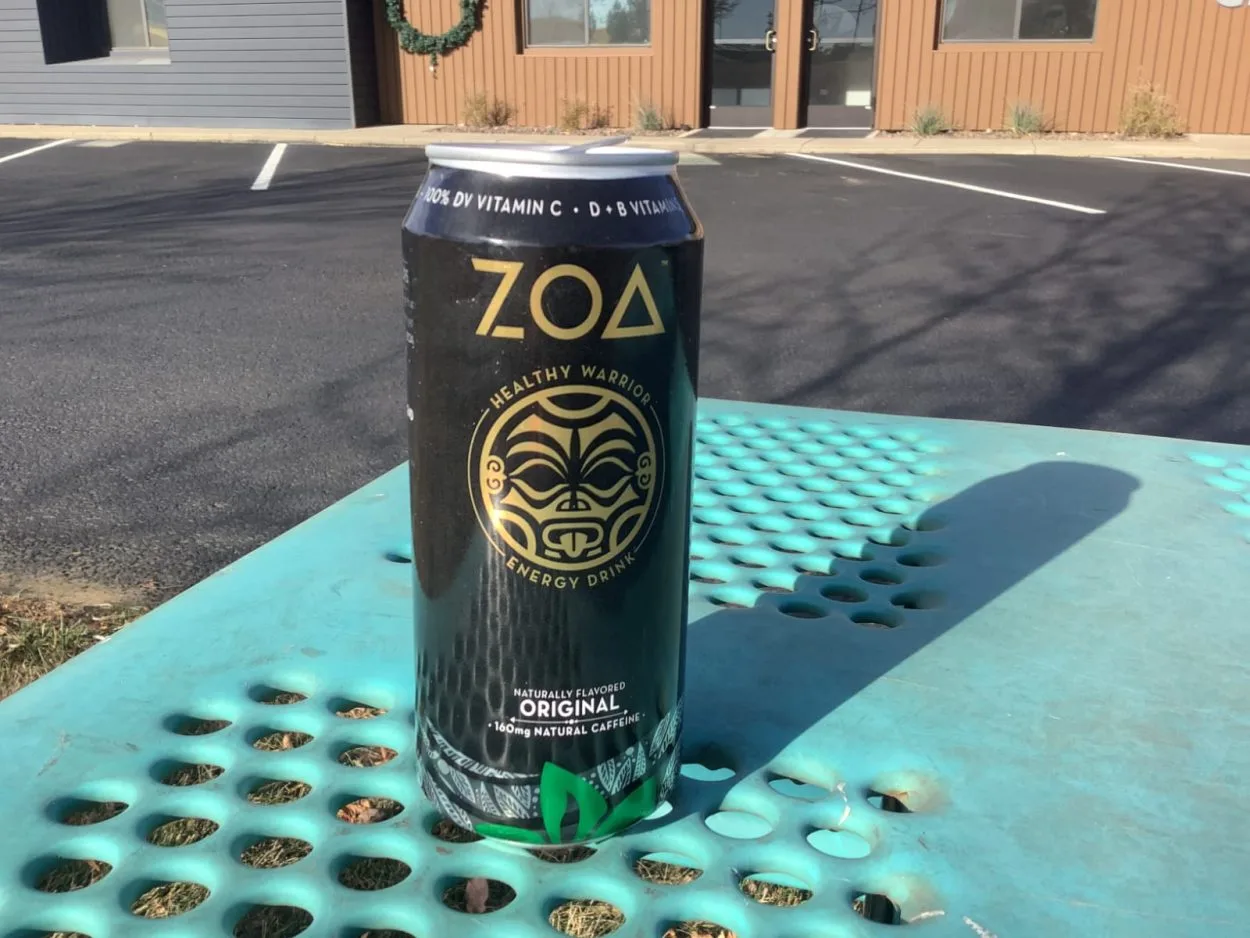
ZOA is a healthy energy drink that promises to hydrate you with its pleasant composition. Unlike other energy drinks, the B vitamins will refill your body as a pre-workout drink.
ZOA has 100 calories, most of which come from the drink’s carbs.
ZOA contains Camu Camu, a fruit well-known for its therapeutic properties. It’s high in antioxidants, polyphenols, and, most significantly, Ascorbic Acid, sometimes known as “vitamin C.”
Amino acids are included in ZOA energy drinks in the form of L-leucine, L-glutamine, L-valine, L-isoleucine, L-arginine, and L-citrulline.
It has 23 grams of added sugar, and Stevia is used to sweeten it up even further. In a single 16 fl. oz. Can, there’s a lot of sugar.
It does, however, provide a sugar-free variant with only 15 calories, sweetened with sucralose and acesulfame K. However, there have been some recent concerns raised concerning their use.
Lastly, ZOA’s green tea extract provides 160 mg of all-natural caffeine. They’re doing good by cutting the caffeine per serving, so you won’t get jittery after drinking it since they claim to be a healthy energy drink company.
Runa Clean Energy Drink
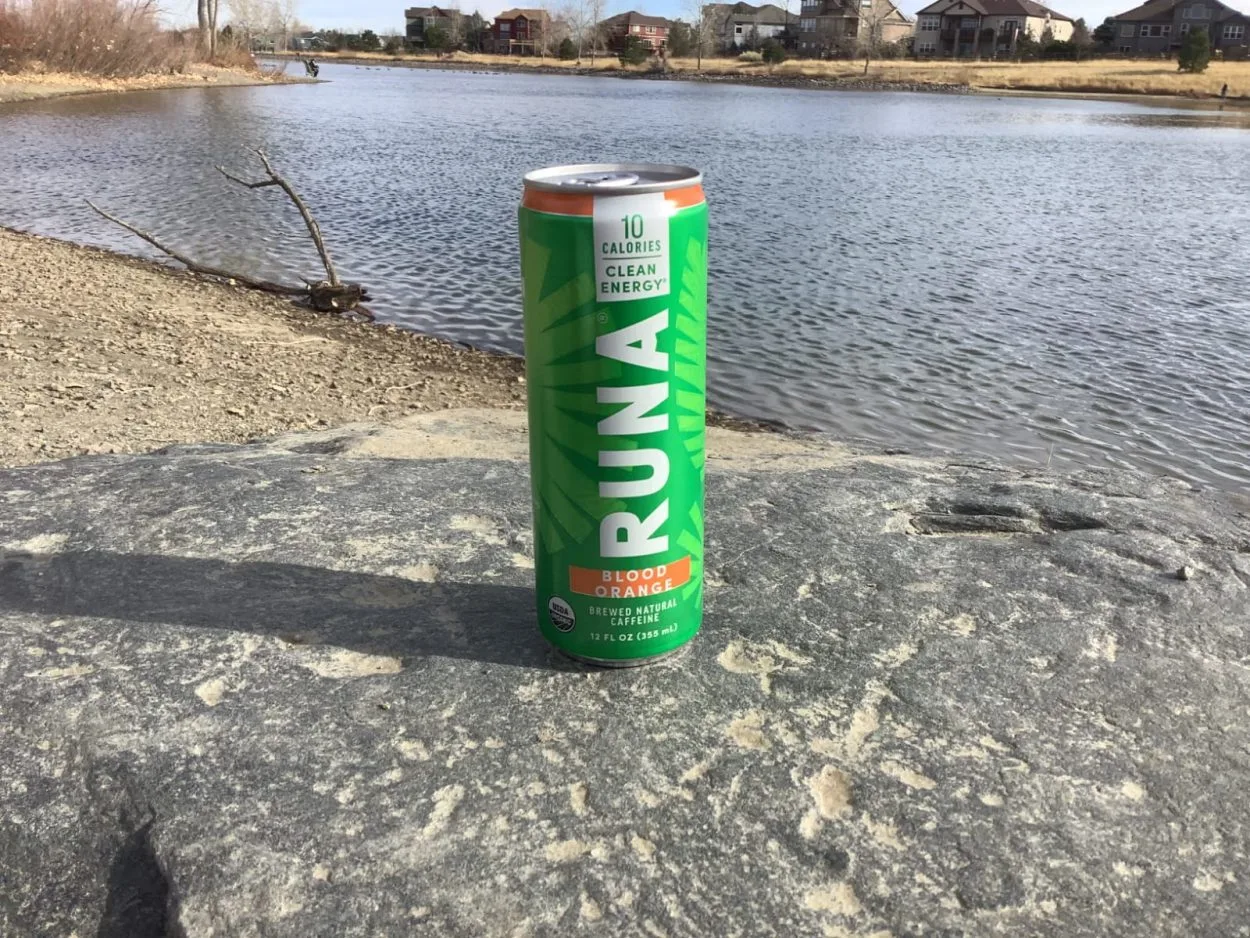
Runa Clean’s name implies that it provides clean energy produced from organic components.
The drink contains antioxidants as well as 150 milligrams of caffeine derived from the Amazonian plant Guayusa.
This organic leaf also includes L-theanine in addition to caffeine. It doesn’t contain chemicals like BCAAs, taurine, or beta-alanine, which might cause undesirable side effects.
Runa Clean Energy is also a healthier option, as it has only ten calories and no artificial sweetener.
Runa Clean employs organic cane sugar, as evidenced by its label.
They are a healthier alternative to ordinary sugar. They improve memory, improve mood, and offer energy. Without a doubt, this drink has lower sugar content.
Conclusion
Caffeine, other plant-based stimulants, simple sugars, and other ingredients are commonly found in energy drinks. They are trendy among teenagers.
When alcoholic beverages are combined with energy drinks, the caffeine in the energy drinks can hide the alcohol’s depressing effects.
On the other hand, caffeine does not influence the liver’s metabolism of alcohol and does not affect breath alcohol concentrations or the risk of alcohol-related harm.
Drinkers who mix alcohol with energy drinks are three times more likely to binge drink (based on breath alcohol levels) than drinkers who do not.
According to the American Academy of Pediatrics and the American Academy of Family Physicians, caffeine and other stimulant compounds included in energy drinks have no place in the diet of children and adolescents.
Adults should follow the same health precautions as children. If you’re an adult searching for a caffeine boost, energy drinks should be consumed weekly and never be mixed with alcohol.
